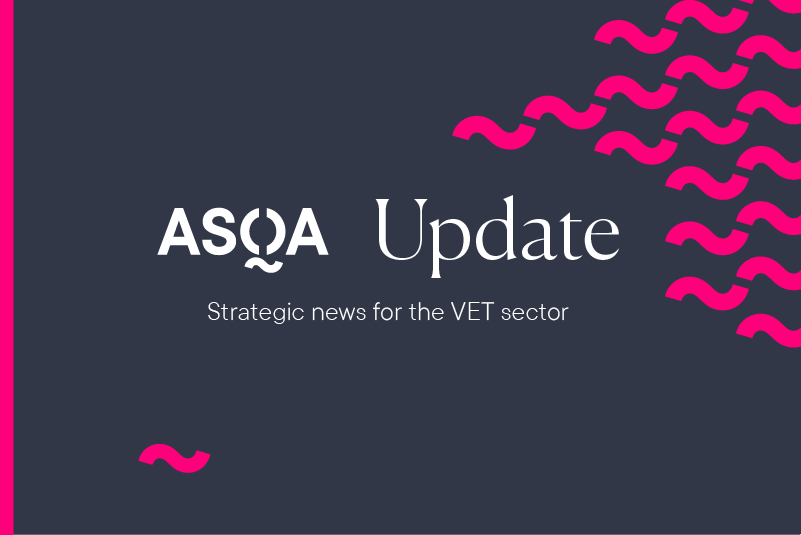With Labor’s cost-of-living caucus meeting today, National Seniors Australia (NSA) supports moves to reduce pressures for all Australians, including older people.
NSA Chief Executive Officer Mr Chris Grice said a recent survey of 6,500 older people found that cost-of-living was the most important issue, followed by private health and primary health care.
When asked specifically about cost-of-living, seniors listed groceries, household energy and insurance as their top three concerns.
- Groceries were the biggest concern for those relying on the pension or renting
- Fuel costs were of most concern among seniors in rural areas, and
- Insurance was the biggest concern among part-pensioners, self-funded retirees and seniors living in regional areas.
“Consumers everywhere are feeling the pinch but for many older Australians, being able to afford basic essentials is increasingly difficult and comes at the expense of other items. The government must take this crisis seriously and address cost-of-living pressures in ways that do not exacerbate inflation,” Mr Grice said.
“We applaud moves to look at grocery prices and the conduct of supermarkets is one part of the solution. However, government must also directly help people meet rising living costs.
“Energy costs, whether it’s the price of petrol or diesel or the cost of electricity or gas, are a consistent problem, and one that feeds inflation by increasing the cost of making and transporting everyday goods and services.
“Every time fuel prices rise, that has a direct impact on the cost of groceries, given the large distances needed to transport produce and other products to supermarket shelves.
“Older renters, many on low fixed incomes, need further relief as rents continue to rise above inflation, making it harder to put a roof over their head.”
Much of the commentary on older people paints a cohort living well off rising inflation. However, pressures from rising private health insurance costs, out-of-pocket health costs, insurance, fuel and groceries are eroding most of these gains.
“One of the risks for government is that seniors are forced to drop private health insurance to meet the cost of essential goods and services placing pressure on the public health system at a cost to the federal budget,” Mr Grice said.
“Government also needs to be conscious that policy decisions may impact negatively on some older people and their incomes. Lifting the two-year freeze on deeming rates in July, for example, could see hundreds of thousands of pensioners lose income at time their belts are already tight.”








